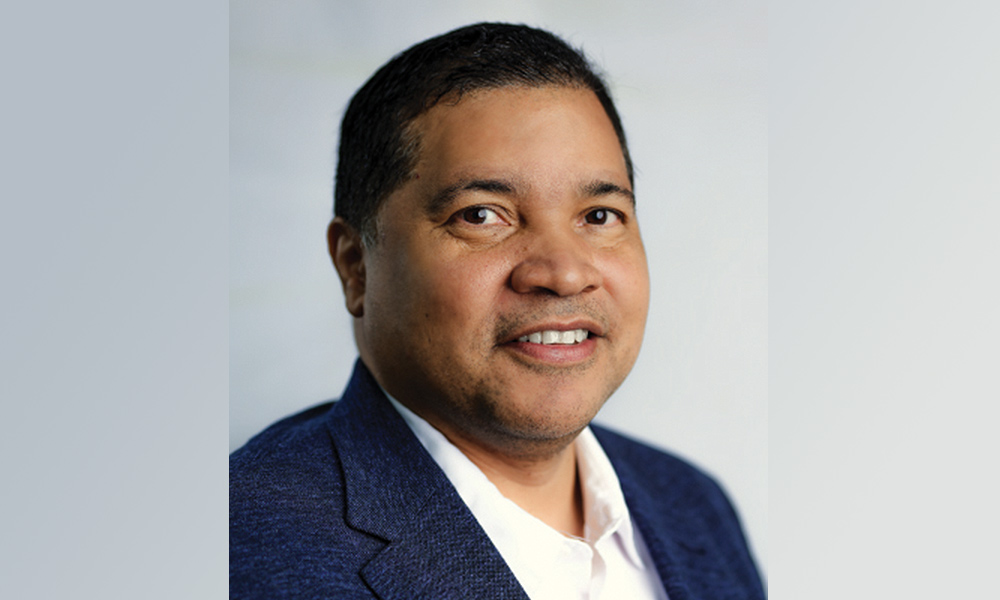
06 Sep Interview with Dean Molina, Chairman, Public Utilities Commission (PUC), Belize
Could you outline the Public Utilities Commission (PUC) in your words, particularly concentrating on the latest facts and statistics which can best paint a picture of the PUC for our readers?
The PUC was established in 1999 and ensures proper regulation as companies like Belize Telecommunication Limited transition to private ownership. Initially focused on electricity, we expanded to telecommunications around 2000. While competition in telecommunications reduces our direct involvement, we regulate the frequency spectrum and approve interconnection agreements between licensees.
In electricity and water, our role is more significant. We regulate tariffs and maintain water quality, conducting regular reviews and sampling. Electricity regulation, involving multiple independent power producers, is our biggest task due to the need for frequent tariff reviews. The PUC operates with a team of 28, including eight engineers, but we’re under-resourced for the workload. Modelled after the U.S. Public Utilities Commission, we function as a quasi-judicial body, making binding decisions and conducting extensive public consultations.
How do you best manage competing priorities between providers, consumers and governments?
They say if people are happy, we’re not doing our jobs. Utility providers are rarely pleased with our work because it involves a lot of lobbying and private discussions to convey our decisions. We listen to the public, but participation is low. Criticisms often arise after decisions are made rather than during consultations when we could address them. It’s a challenging balancing act. Diplomacy and side discussions are crucial. We can’t simply revoke licenses, as there’s only one electricity and one water company, so negotiations and adherence to the law are essential.
What is the renewables potential of Belize and what work and strategies are you implementing that can link solar power into the national grid and reduce reliance on more polluting energies?
Solar energy is a significant potential sector in Belize and could alleviate many issues. However, technology has outpaced the law, a challenge seen even in the U.S. For instance, Hawaii’s Public Utilities Commission also had to adapt. Our Electricity Act, over 25 years old, didn’t account for solar.
We’ve had to create regulations to fit new technologies, like introducing 15 new license categories beyond the original three (transmission, distribution, and selling IPP). These include licenses for battery storage and rooftop solar. We’ve also streamlined the process for small producers, developed regulations for bigger producers to participate in bids and created licenses for auxiliary services. Progress is slow and resources are limited, but we’re making headway.
As the world moves further away from fossil fuels into more sustainable and renewable energies, what sort of investment opportunities does this provide and in what areas would you welcome U.S. investment into the industries you oversee?
The government of Belize has secured financing from the World Bank for 40 megawatts of batteries and from Saudi Arabia for 60 megawatts of solar. Additionally, the PUC has determined a need for 65 more megawatts of solar and 20 more megawatts of batteries by 2027. This was decided in March and will soon go out for tender, inviting bids.
A personal interest of mine is biomass. Our two sugarcane factories use waste material to produce energy, a synergy I find promising. While there has been talk of ethanol production and waste-to-energy projects, they haven’t materialized yet. Addressing waste management, especially in places like Caye Caulker and San Pedro, by producing energy from waste instead of landfilling would be beneficial.
To what extent is the PUC embracing digital technologies, for example in big data analysis to ensure the best conditions are being met for consumers and producers?
We haven’t advanced as much as I’d like in telecommunication and IT, my areas of expertise. We’re considering a package to help analyze spectrum use, but costs are high for a small country. Many initiatives are hindered by scale, but we aim to move from paper to digital transactions and better public interaction. However, this isn’t currently a priority.
What is your assessment of the education and training in the local telecoms and technology sectors and what are your strategies for training and recruiting talent?
Unfortunately, our institutions in Belize have focused more on business than technology skills. Studying electronic or power engineering usually requires a scholarship or significant funds. We’ve considered training people in India through our Indian consulate commissioner and importing affordable engineers for cross-training, but nothing has materialized.
There is a significant gap in telecoms expertise, with only about four or five people in the country truly understanding telecom engineering. A specific grant of $125 million allocates $75 million for education and $25 million for solar energy. I’m involved mainly in the energy side. The Millennium Challenge Corporation is pushing for STEM and STEAM education, which is crucial for Belize’s future. Developing computer and IT skills are essential.
What is your final message to the readers of Newsweek and how would you encourage investors into Belize?
As regulators, our role is to ensure consumers pay less, investors gain more and the country moves forward. Belize is open for business and we welcome inquiries. Our doors are always open because these changes are inevitable and we must be prepared.

No Comments